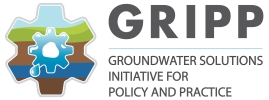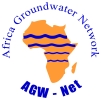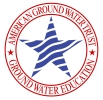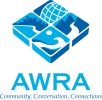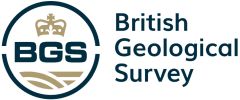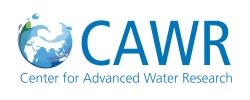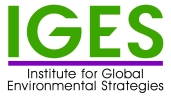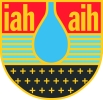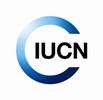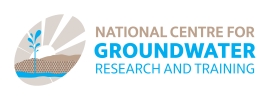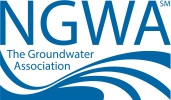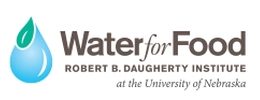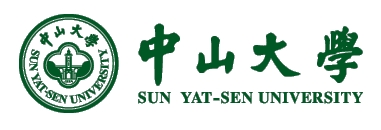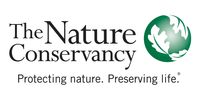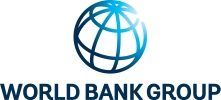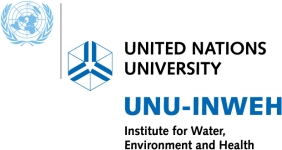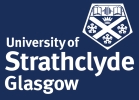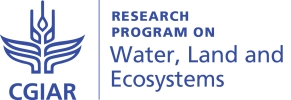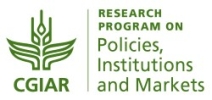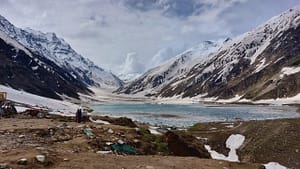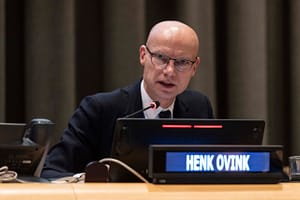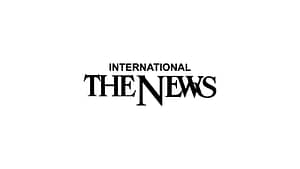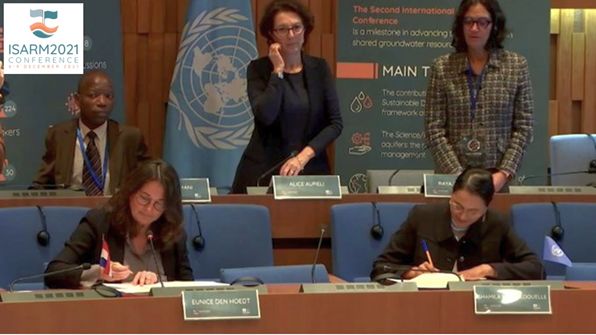
During the closing ceremony of ISARM2021, the United Nations Educational, Scientific and Cultural Organization – Intergovernmental Hydrological Programme (UNESCO-IHP) and the Kingdom of the Netherlands renewed their partnership agreement regarding the International Groundwater Resources Assessment Centre (IGRAC) for another six years (2022–2028) (photo: UNESCO-IHP).
The Second International UNESCO Conference on Transboundary Aquifers, ISARM2021, was held on December 6–9, 2021. ISARM refers to the International Shared Aquifer Resources Management initiative. The theme for this online conference was Transboundary aquifers: Challenges and the way forward. The conference was a great success with close to 1,500 registered participants and sessions having more than 100 attendees. The UN-Water World Water Development Report 2022 was diverse in covering topics of transboundary aquifers across the globe with a strong interdisciplinary focus on the science-policy interface and governance, as it is very clear that aquifers are often poorly mapped and understood, and hence difficult to manage, due to their hidden character. These resources are coming under increasing pressure to develop or are already strained due to overdevelopment. This hampers clear cooperation mechanisms, reflected in the fact that only a handful of formal agreements around transboundary aquifers exist, globally, today. It was also clear that while formal agreements are still pending, the knowledge base at all levels is increasing, supported by global maps and partnerships, assessment guidelines, a global baseline and information system, and various guiding legal instruments and international conventions for cooperation around transboundary aquifers. This was highlighted in the IGRAC special ISARM2021 brochure on Transboundary Aquifers – A Global Outline 2021.
Key highlights of the conference included (i) launch of the 2021 update of the map of Transboundary Aquifers of the World, indicating that there are 468 transboundary aquifers and aquifer systems now (an increase from 366 in 2015), underlying almost every nation; and (ii) signing of the renewed partnership agreement between UNESCO-IHP and the Kingdom of the Netherlands regarding IGRAC for a new six-year period (2022–2028).
An impressive number of dignitaries in the arena of groundwater and international waters, including partners of the Groundwater Solutions Initiative for Policy and Practice (GRIPP), were present to open and close ISARM2021, setting the stage for the conference as well as framing the importance and global focus on aquifers in the context of 2022, when groundwater will be featured highly on the international agenda by UN-Water and other United Nations organizations.
Carlos Manuel Rodríguez, Chief Executive Officer and Chairperson of the Global Environment Facility (GEF), specifically highlighted GRIPP as a key partner in the global strive towards sustainable groundwater governance, building on the GEF-funded Global Groundwater Governance project, saying in his opening statement:
Alice Aureli, Chief – Groundwater Systems and Water for Human Settlements, UNESCO-IHP, and key focal point for leading the organization of ISARM2021, closed the conference with a reminder about the key events in 2022: (i) World Water Day on March 22, 2022, when the United Nations World Water Development Report 2022, focusing on groundwater, will be launched at a high-level event at the 9th World Water Forum, organized by the World Water Council (WWC) in partnership with Senegal and held on March 21–26, 2022, in Dakar, Senegal; (ii) World Water Week 2022, organized by the Stockholm International Water Institute (SIWI) and held on August 23–September 1, 2022, in Stockholm, Sweden; and (iii) UN-Water Summit on Groundwater, held on December 7-8, 2022, in Paris, France. Most events are adapting to the Covid-19 situation with some form of hybrid participation option. Thanks, and congratulations, to UNESCO and partners on the success of ISARM2021! We are looking forward to 2022.
Download the 2021 update of the map of Transboundary Aquifers of the World
Download the ISARM2021 Book of abstracts
Download the IGRAC special ISARM2021 brochure on Transboundary Aquifers – A Global Outline 2021
Watch the closing ceremony of ISARM2021
Watch all recordings from ISARM2021
Sign up for GRIPP news and updates
Sign up for the Call to Action on Global Groundwater Sustainability






